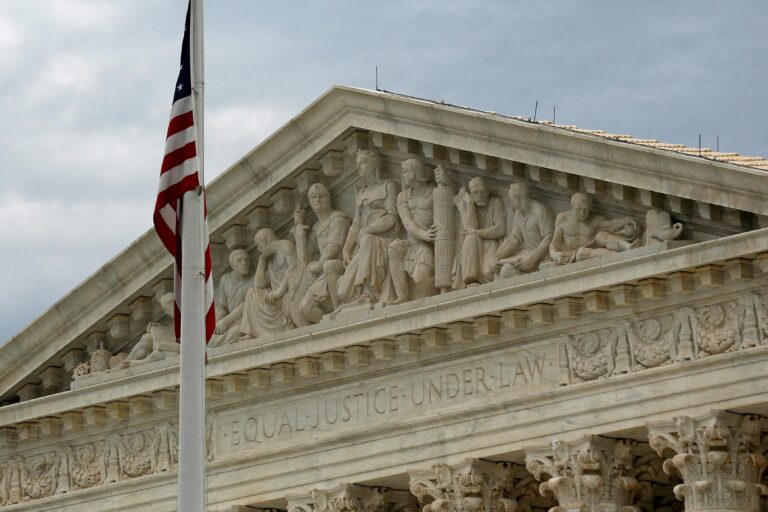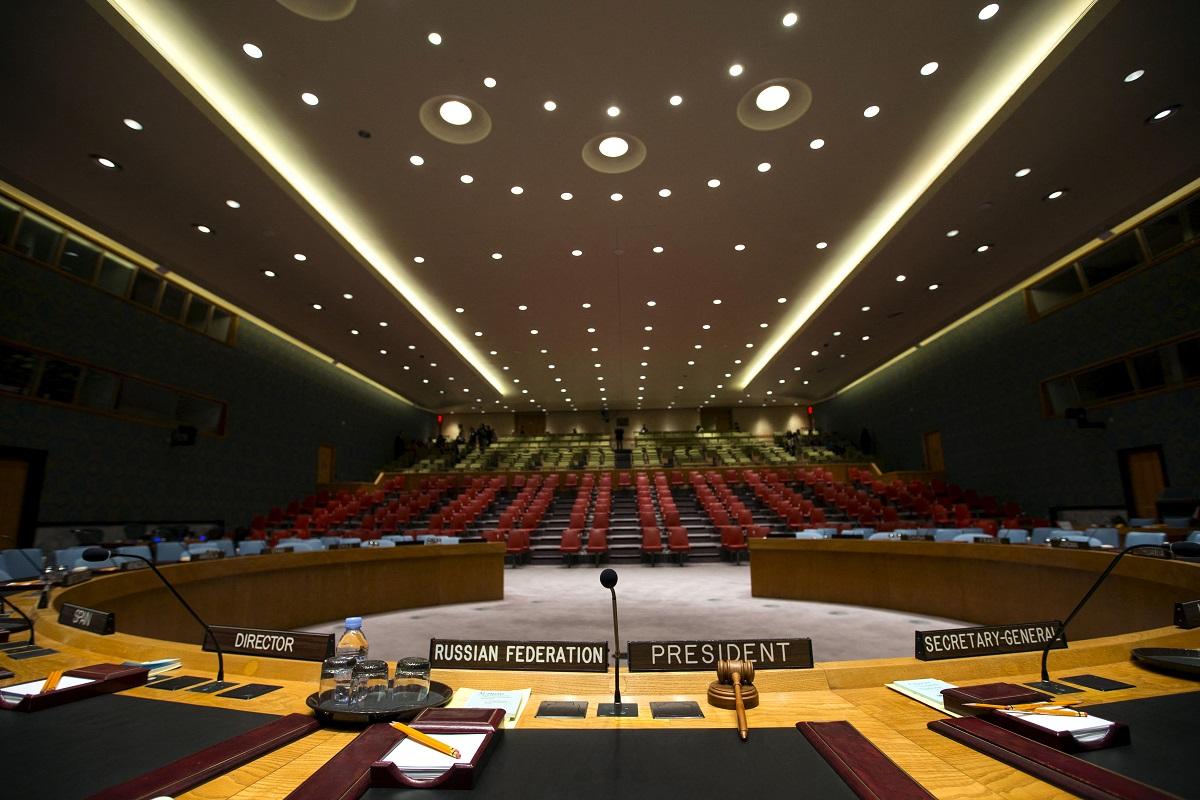UNITED NATIONS/CAIRO/JERUSALEM – The UN Security Council approved a toned-down bid to boost humanitarian aid to Gaza on Friday that stopped short of a call for a ceasefire, hours after Israel signaled it was widening its ground offensive in the Palestinian enclave.
The US, which is Israel’s main ally and had threatened to veto the Security Council motion during days of wrangling, chose instead to abstain after language was changed on hostilities and monitoring aid, a move that let the vote go through.
Washington has regularly backed Israel’s right to defend itself, but has grown increasingly critical over the suffering of Gaza’s 2.3 million people amid a soaring death toll and a humanitarian crisis in the enclave.
In its latest update on casualties, Gaza’s health ministry said 20,057 Palestinians had been killed and 53,320 wounded in Israeli strikes since the conflict started.
The adopted Security Council resolution “calls for urgent steps to immediately allow safe, unhindered, and expanded humanitarian access and to create the conditions for a sustainable cessation of hostilities”. The initial draft had called for “an urgent and sustainable cessation of hostilities” to allow aid access.
The US and Israel oppose a ceasefire, believing it would only benefit Hamas. Washington instead supports pauses in fighting to protect civilians and free hostages taken by Hamas.
The resolution also no longer diluted Israel’s control over all aid deliveries to Gaza. Israel monitors the limited aid deliveries via the Rafah crossing from Egypt and the Israeli-controlled Kerem Shalom crossing.
Israeli Prime Minister Benjamin Netanyahu’s government has vowed to eradicate Hamas, the Islamist group that runs Gaza, after the group’s fighters launched a cross-border raid into southern Israel on Oct. 7, killing 1,200 people and taking 240 hostages, according to Israeli tallies.
After Friday’s vote, Israel’s ambassador to the UN said the Security Council should have focused more on the hostages. “The UN’s focus only on aid mechanisms to Gaza is unnecessary and disconnected from reality — Israel is already allowing aid deliveries at the required scale,” Gilad Erdan said.
Israeli Foreign Minister Eli Cohen said his country would “continue the war until all hostages are released and Hamas in the Gaza Strip is destroyed”.
Hamas and the Palestinian Authority were split over the measure, with the former calling it “insufficient” to meet the stricken enclave’s needs and defying calls for a halt to “Israel’s aggression.”
The West Bank-based authority’s foreign ministry, however, said the resolution was “a step that may contribute to alleviating the suffering of our people in the Gaza Strip.”
Israel has faced mounting global criticism over the plight of Gazans as it pursues the war. United Nations Secretary-General Antonio Guterres said on Friday that the way Israel is conducting its military operation is “creating massive obstacles to the distribution of humanitarian aid” inside the enclave.
Earlier, Israel said 5,405 aid trucks — carrying food, water and medical supplies — have entered Gaza since the start of the war. Aid groups say only a fraction of what is needed is coming in. A report by a UN-backed body said on Thursday the risk of famine is growing every day.
Air strikes, bombardments
Air strikes, artillery bombardments and fighting were reported across Gaza on Friday as hopes faded for an imminent breakthrough in talks this week in Egypt aimed at getting warring Israel and Hamas to agree to a new truce.
Israel’s military ordered residents of Al-Bureij, in central Gaza, to move south immediately, indicating a new focus of the ground assault that has already devastated the north of the enclave and made a series of incursions in the south.
Some residents packed up donkey carts and left, but there was no immediate sign of large numbers from Al-Bureij joining the hundreds of thousands fleeing other areas.
“Where should we go to? There is no place safe,” Ziad, a medic and father of six, told Reuters by phone. “They ask people to head to (the central Gaza city of) Deir Al-Balah, where they bomb day and night.”
Residents reported Israeli tank shelling of eastern areas of Al-Bureij.
In the south, at least four civilians were killed in an air strike on a car in Rafah, a Palestinian rescue worker said. A boy, his face covered in blood, and a girl, were carried away from the scene, video showed. There was no immediate Israeli comment.
“Israel’s indiscriminate strikes on Gaza have turned the north of the Strip into a pile of rubble,” medical charity MSF said in a post on X. “In Nasser hospital in Khan Younis, south Gaza, the dead and wounded continue to arrive almost every day… Nowhere is safe.”
The official Palestinian news agency WAFA said at least 18 Palestinians were killed and dozens others wounded in an air strike on a house in Nuseirat, central Gaza, late Friday night.
The Israeli military has expressed regret for civilian deaths but has blamed Iran-backed Hamas for operating in densely populated areas or using civilians as human shields, an allegation the group denies.
Israel says 140 of its soldiers have been killed since it launched its ground incursion into Gaza on Oct. 20.
Hamas-affiliated Shehab news agency reported heavy shelling and air strikes on Jabalia al-Balad and Jabalia refugee camp, in northern Gaza, and said that Israeli vehicles were trying to advance from the western side of Jabalia amid the sound of gunfire.
WAFA reported that Israeli shelling destroyed a water desalination plant in Jabalia by the Al Amal Hospital.
Reports in Palestinian media and footage shared by Gazans on social media showed bodies scattered in the street and some buried under rubble around the Indonesian hospital in Beit Lahiya, in northern Gaza.
A group representing families of Gaza hostages said on Friday that one captive — 73-year-old Gadi Haggai, a US-Israeli dual national — had died in captivity. It did not give details or say how the information was obtained. —Reuters

















